Jewish businessman identified as ‘prime suspect’ in Anne Frank betrayal
Documentary alleges Arnold van den Bergh gave up diarist and her family to Nazis
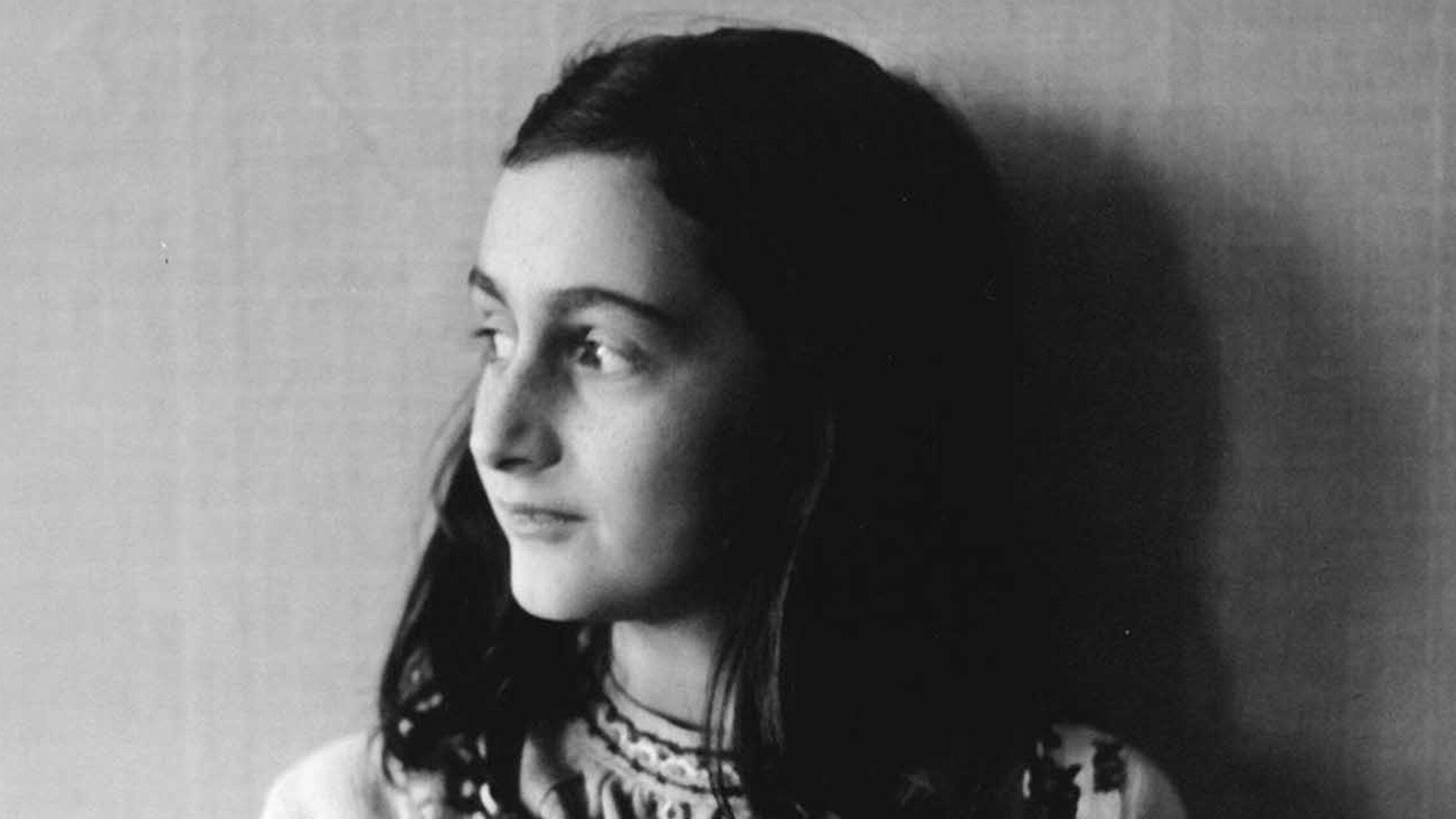
A free daily email with the biggest news stories of the day – and the best features from TheWeek.com
You are now subscribed
Your newsletter sign-up was successful
Anne Frank may have been betrayed by a prominent Jewish businessman who became an informant for the Nazis in order to save his own family, a documentary has revealed.
The mystery of who gave away the hiding place of the Frank family has evaded investigators for decades. But a new probe by CBS’s 60 Minutes has seen Arnold van den Bergh, who died in 1950, emerge as the “prime suspect”, The Telegraph reported.
Led by former FBI detective Vince Pankoke, the investigation deployed “artificial intelligence to comb through voluminous records to reach its conclusion”.
The Week
Escape your echo chamber. Get the facts behind the news, plus analysis from multiple perspectives.

Sign up for The Week's Free Newsletters
From our morning news briefing to a weekly Good News Newsletter, get the best of The Week delivered directly to your inbox.
From our morning news briefing to a weekly Good News Newsletter, get the best of The Week delivered directly to your inbox.
The Franks went into hiding on 6 July 1942 during a period when “the Nazis were hellbent on ridding the Netherlands of all Jews” as “part of the Final Solution”, CBS said. At the time, they “were among some 25,000 Jews in hiding across the country”.
As documented in Anne’s diary, they hid in an annexe of her father Otto Frank’s warehouse where they remained until a raid by Dutch detectives and the SS in August 1944. The last entry in her diary is dated 1 August 1944.
Anne was sent to Bergen-Belsen concentration camp in northern Germany where she died in early 1945, aged 15, possibly of typhus.
Her father was sent to Auschwitz and “was the one inhabitant of the secret annexe to survive”, The Telegraph said. Until his death, he “devoted much of his life trying to find out who had led the authorities to the cramped hideaway in the heart of Amsterdam”.
A free daily email with the biggest news stories of the day – and the best features from TheWeek.com
Previous efforts to identify a culprit have pointed the finger at Wilhelm van Maaren, a warehouse worker. But Pankoke told CBS that while he was “very shifty” and “suspicious”, there is no evidence that he was anti-Semitic, adding that he had “incentive not to betray [the family] because if he did, he would have lost his job”.
Instead, the fresh probe focused on the Jewish Council, an organisation founded by the Nazis in Amsterdam to help implement its policies and seek out Jewish people in hiding.
“We know from history that the Jewish Council was dissolved in late September of 1943 and they were sent to the camps,” Pankoke told CBS. “We figured if Arnold van den Bergh is in a camp somewhere, he certainly can’t be privy to information that would lead to the compromise of the annex.”
Asked whether records showed that he was detained in a concentration camp, he replied: “We couldn’t find Arnold van den Bergh or any of his immediate family members in those camps. If he wasn’t in the camps, where was he?”
Further investigations revealed that he was living in Amsterdam, an outcome that would only have been possible if he “had some kind of leverage”, he added.
In The Times, Daniel Finkelstein described how the team discovered that van den Bergh had “managed to have himself designated as a non-Jew and had quit the council”. But, he added that “the evidence that the council or he knew such addresses is pretty weak”, labelling it “possible, but speculative”.
According to The Telegraph, his name “did surface in a 1963 Dutch police investigation, but there is little evidence that the lead was followed up”.
Van den Bergh was also mentioned in “an anonymous note sent to Otto Frank, which he typed up for his records”, the paper added. “Frank’s copy of the note surfaced in files kept by the son of a member of the Dutch police investigation team” and “was passed on” to CBS.
Pankoke told the broadcaster that while the case remained “circumstantial”, the evidence collected in such an old case remains “pretty convincing”.
The Times’ Finkelstein agreed that “the new facts are important” and that “all research on what happened to Anne Frank helps to combat Holocaust denial”.
He added that Pankoke’s team “were spurred on by a feeling that now, once more, it is possible to imagine people living in previously civilised countries finding ways to accommodate themselves to undemocratic authorities”.
-
 How the FCC’s ‘equal time’ rule works
How the FCC’s ‘equal time’ rule worksIn the Spotlight The law is at the heart of the Colbert-CBS conflict
-
 What is the endgame in the DHS shutdown?
What is the endgame in the DHS shutdown?Today’s Big Question Democrats want to rein in ICE’s immigration crackdown
-
 ‘Poor time management isn’t just an inconvenience’
‘Poor time management isn’t just an inconvenience’Instant Opinion Opinion, comment and editorials of the day
-
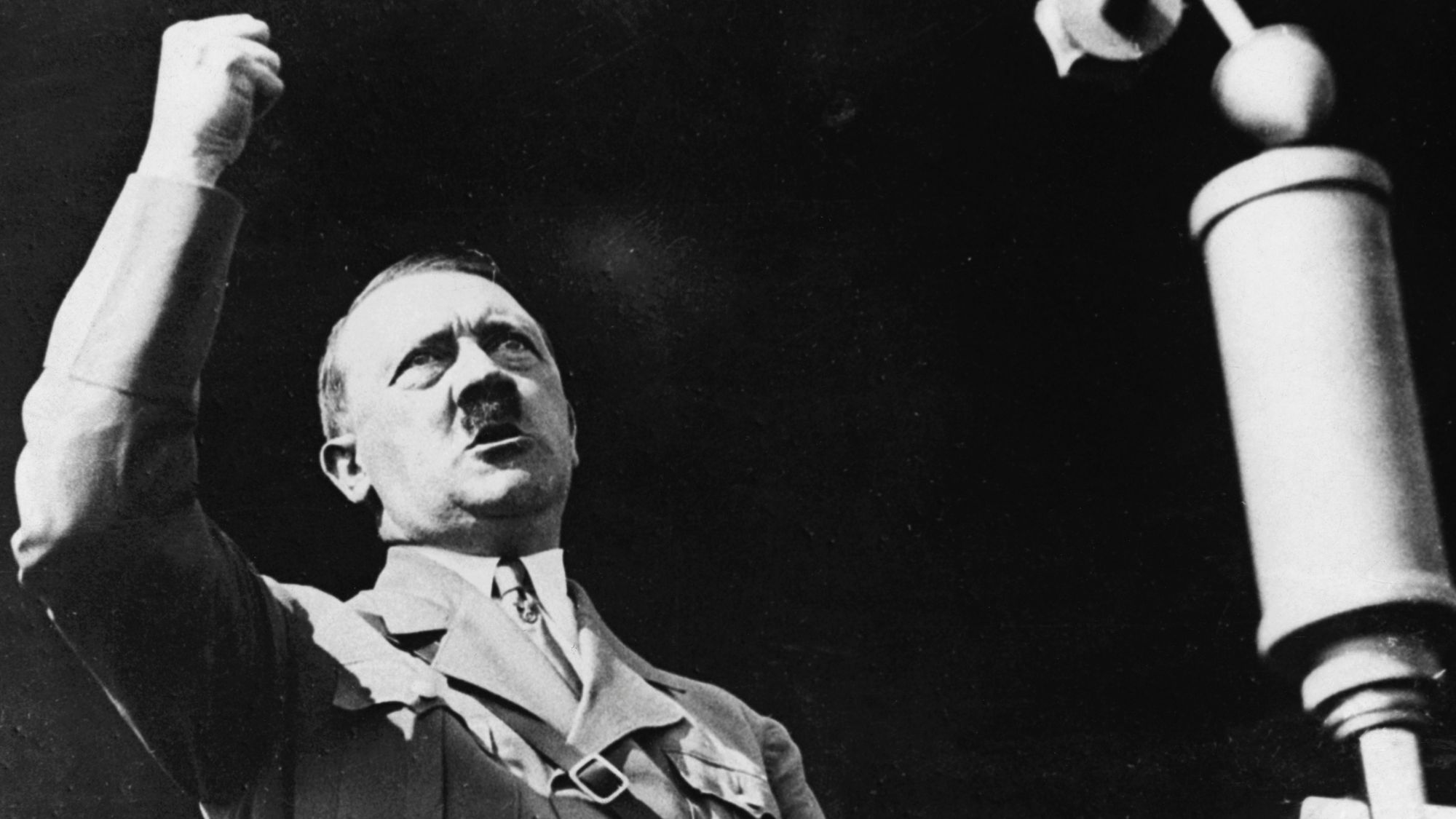 Hitler: what can we learn from his DNA?
Hitler: what can we learn from his DNA?Talking Point Hitler’s DNA: Blueprint of a Dictator is the latest documentary to posthumously diagnose the dictator
-
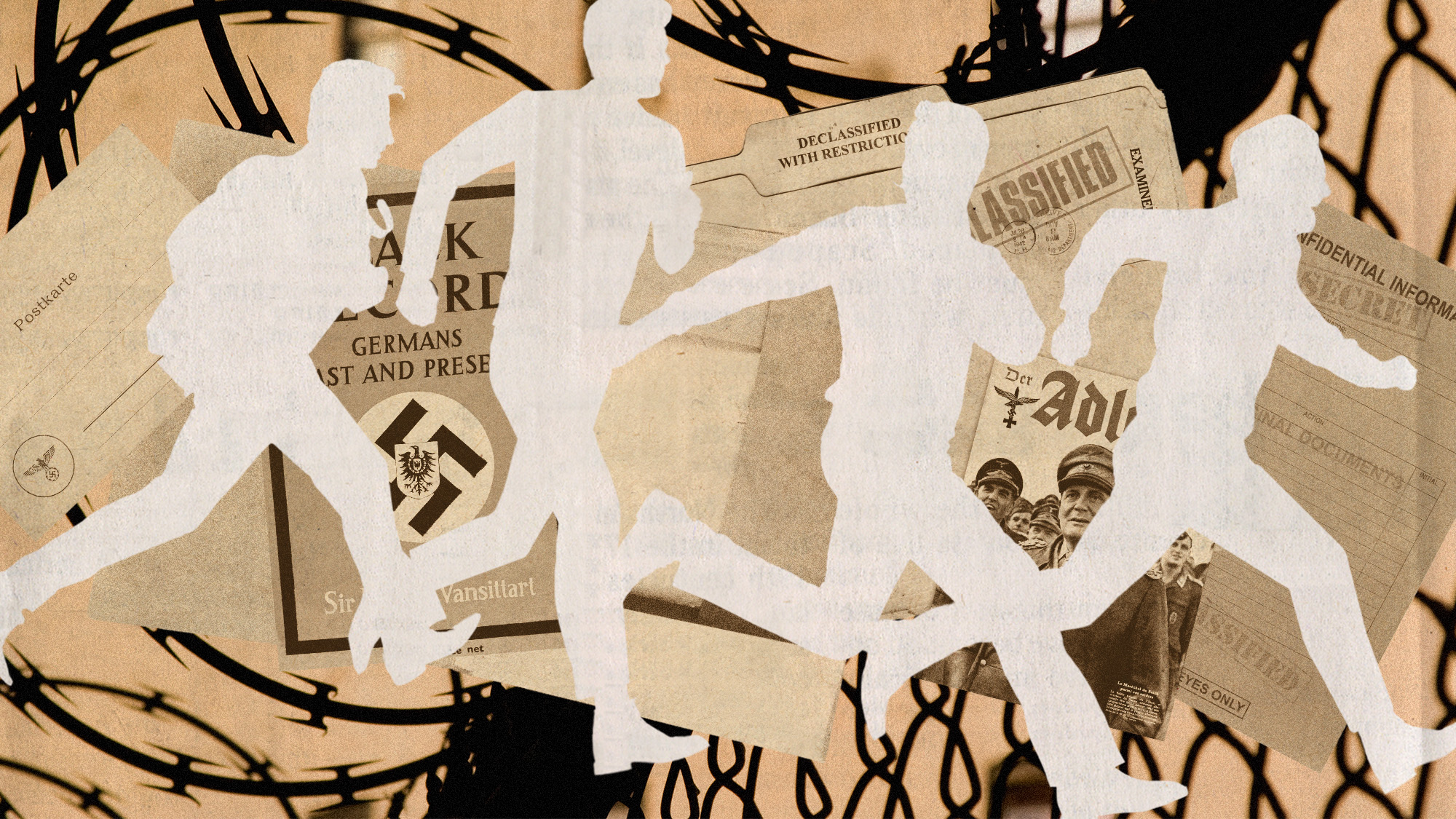 Argentina lifts veil on its past as a refuge for Nazis
Argentina lifts veil on its past as a refuge for NazisUnder the Radar President Javier Milei publishes documents detailing country's role as post-WW2 'haven' for Nazis, including Josef Mengele and Adolf Eichmann
-
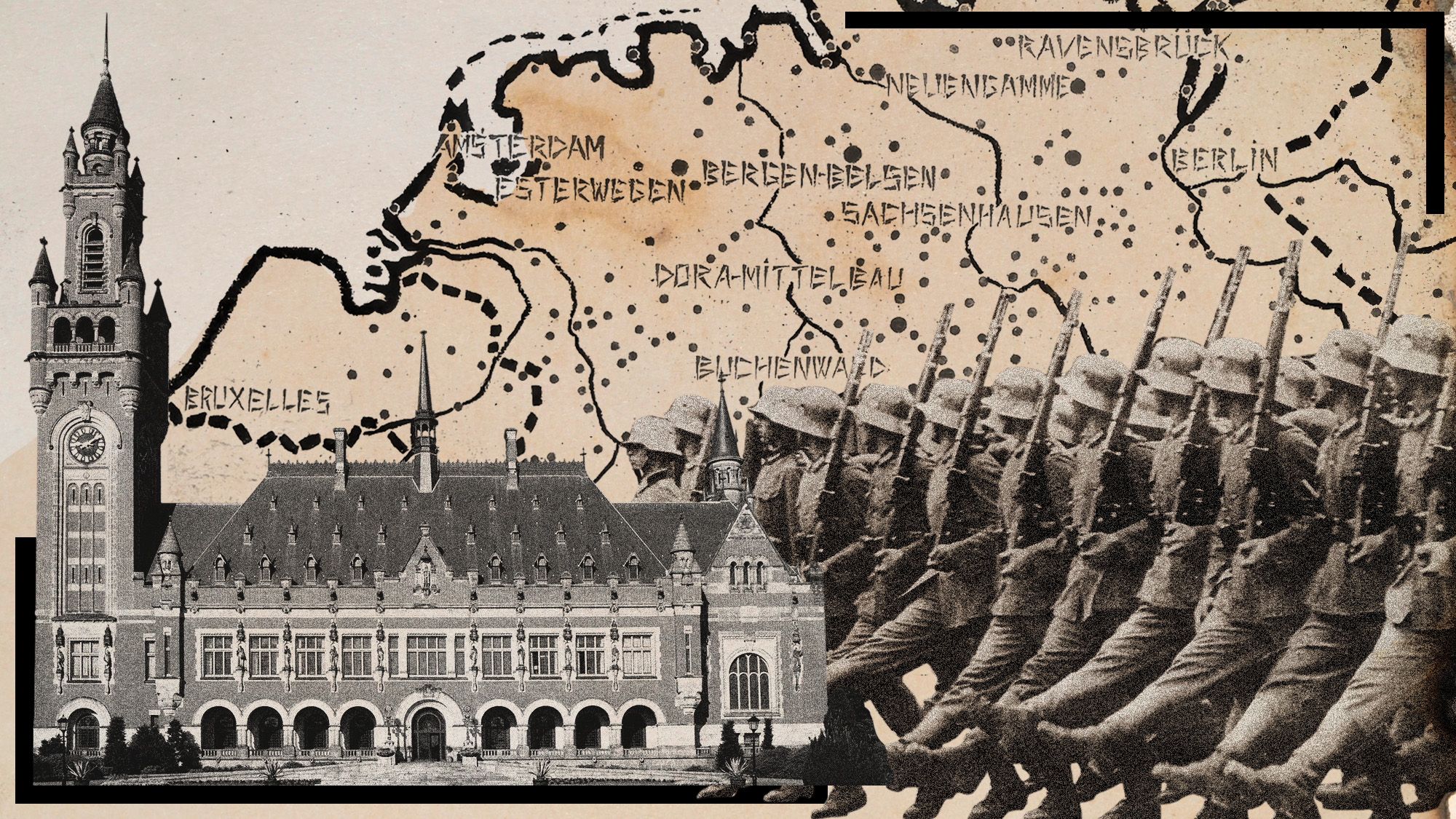 Newly publicized Dutch archives force families to confront accusations of Nazi collaboration
Newly publicized Dutch archives force families to confront accusations of Nazi collaborationUnder the Radar The archives were available to researchers but only recently became publicly accessible
-
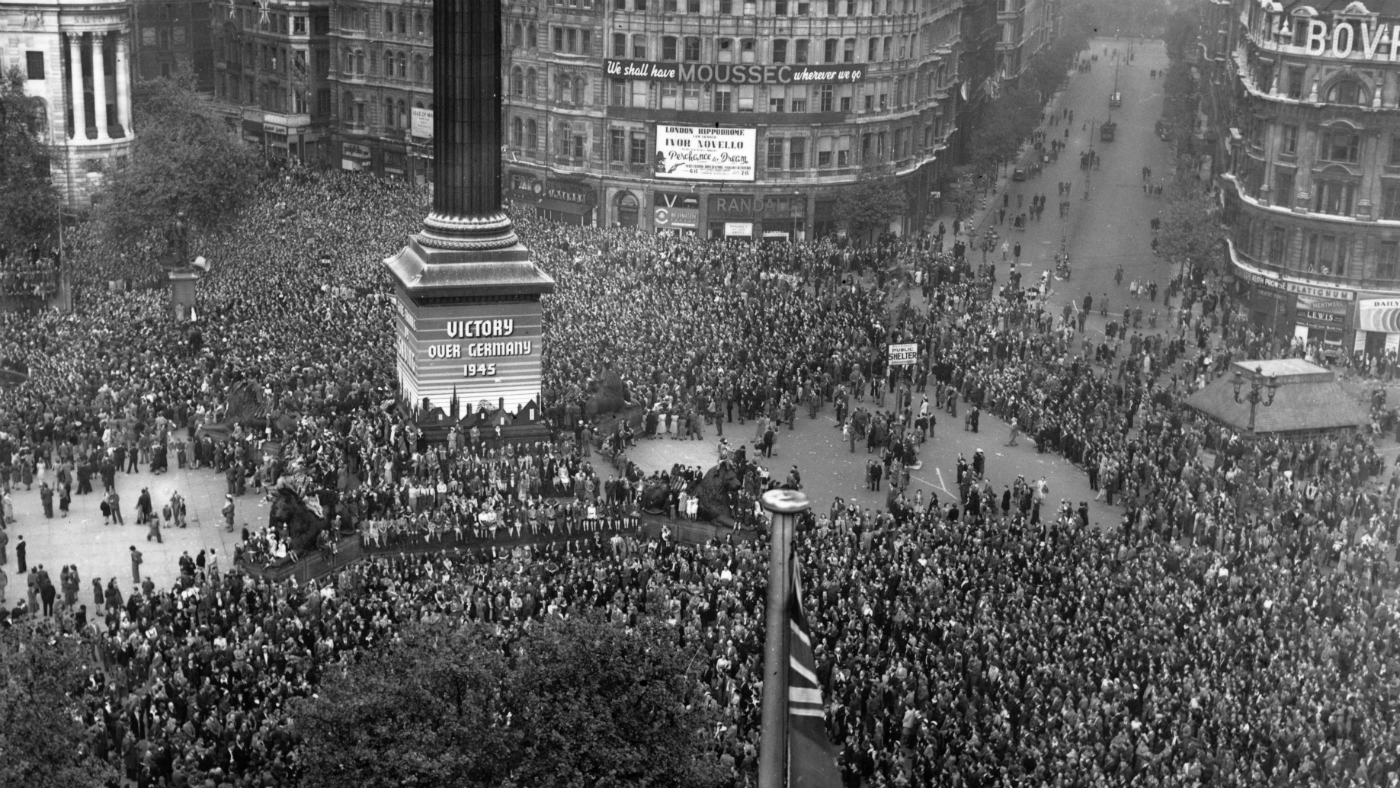 Why May Day bank holiday is set to move in 2020
Why May Day bank holiday is set to move in 2020Speed Read Government considering switching date in order to mark VE Day anniversary
-
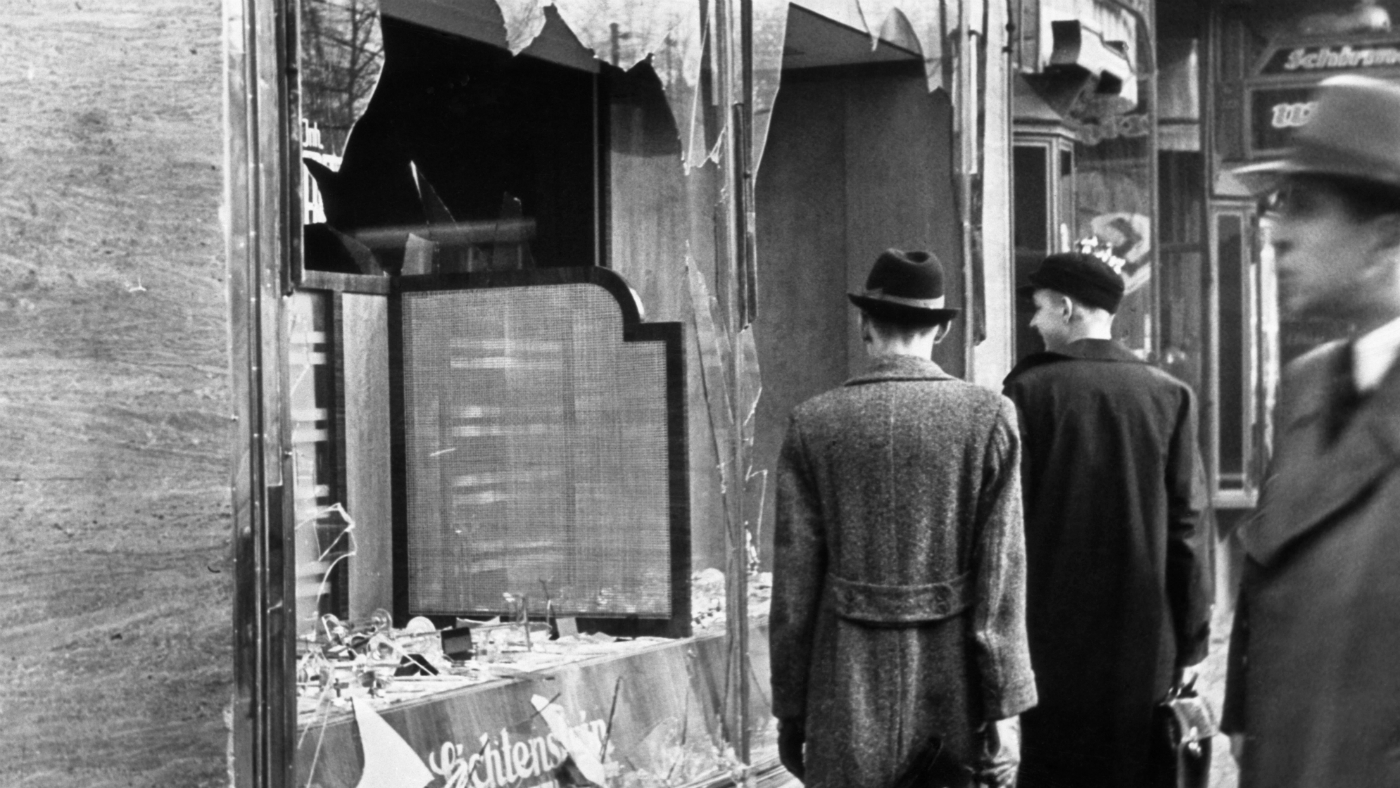 What was Kristallnacht? 80 years since Nazi purge
What was Kristallnacht? 80 years since Nazi purgeIn Depth Today marks the 80th anniversary of the ‘Night of Broken Glass’, a pogrom against German Jews that set the stage for the Holocaust
-
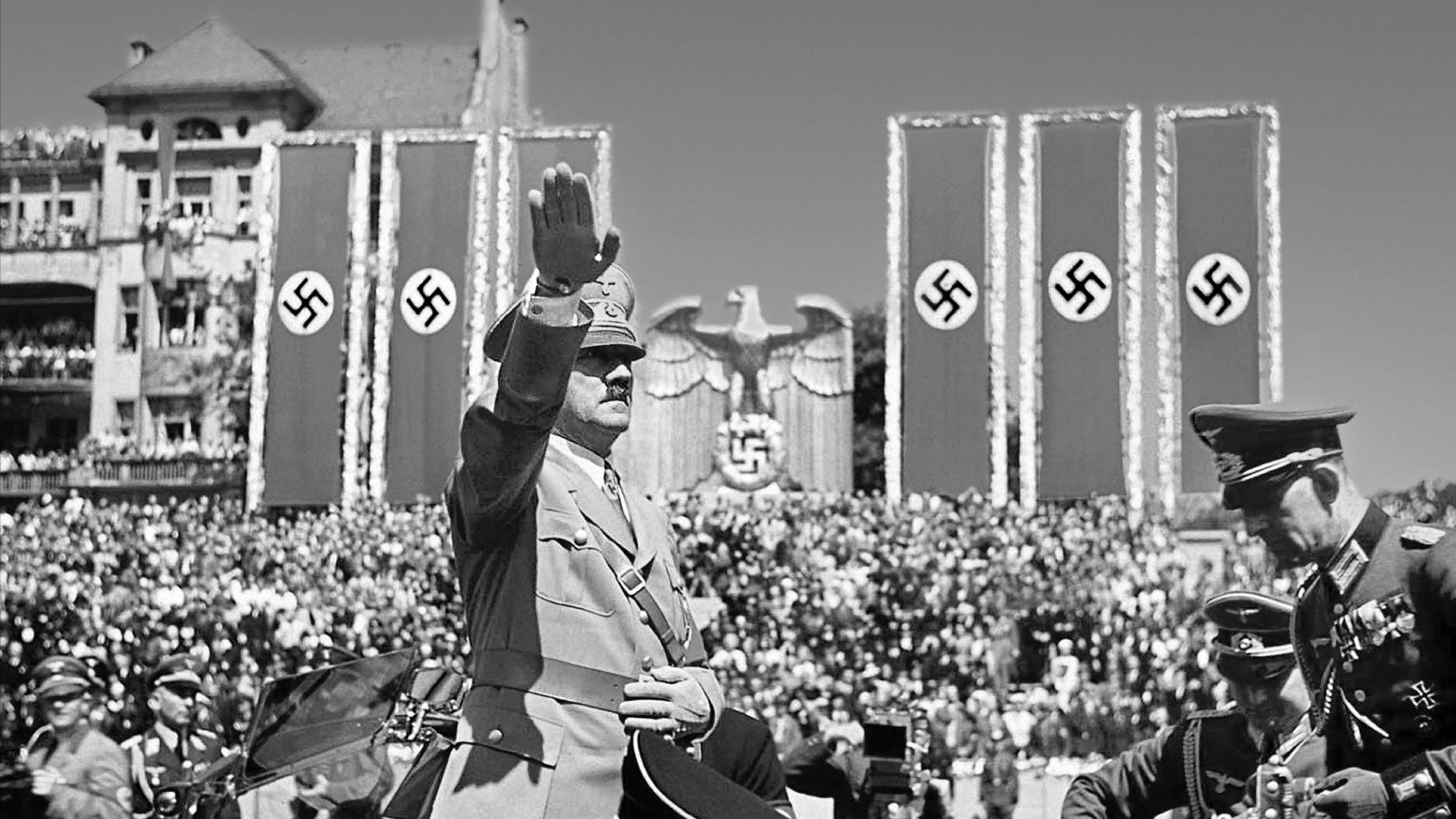 How did the Second World War start?
How did the Second World War start?In Depth Conflict 'not inevitable' as anniversary offers timely reminder of vital lessons for those in power today